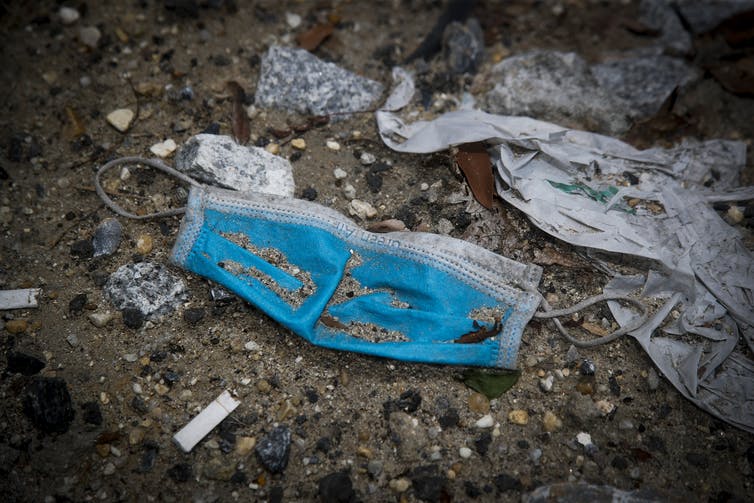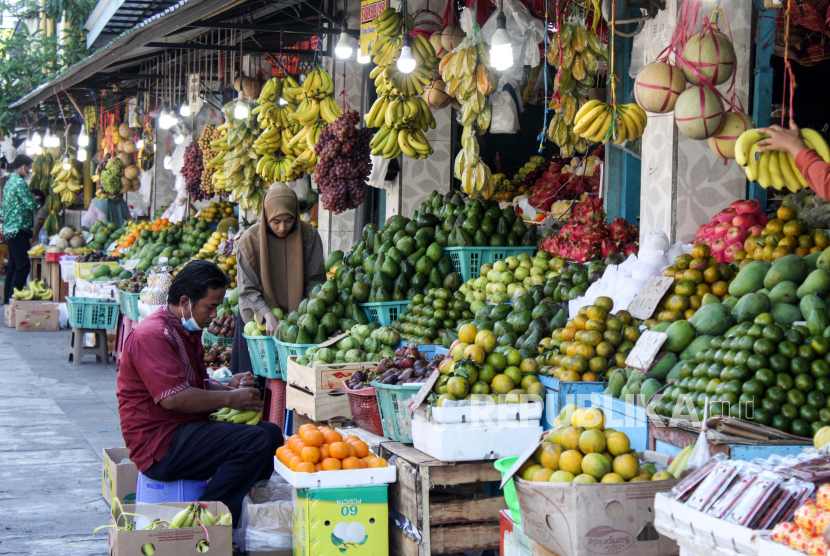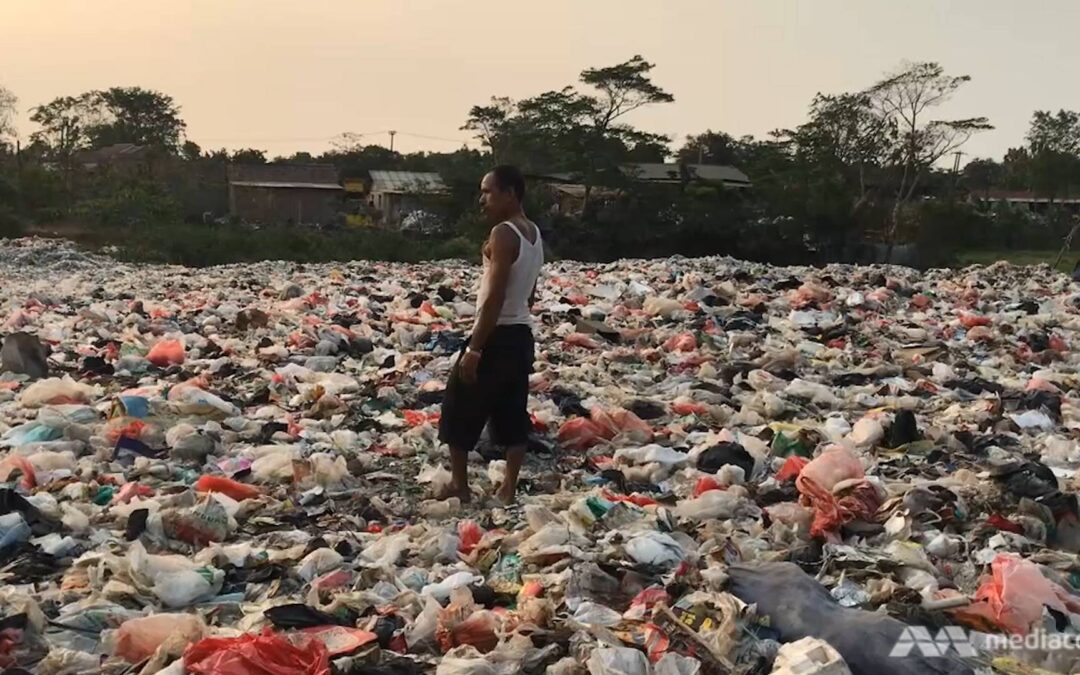The pandemic is having a great impact on various sectors like education, employment, but also on people’s consumption behaviors. This has both positive and negative environmental implications.
Indonesia produces a lot of waste
With 260 million inhabitants, Indonesia is the fourth-largest country in terms of population size. It includes a large, young population, a growing middle class, and labor force, and growing urbanization. The combination of a young demographic, and the potential for structurally higher growth than in the past leads to increasing domestic consumption.
The Indonesian population, supported by a consumerist lifestyle, makes a big contribution in the production of waste. Every year Indonesia produces 6.8 tons of plastic waste, of which 61% is not collected and disposed of safely, of which 40% ends up in the ocean. With the growing urbanization and corresponding lifestyle of consumption, this number will keep increasing. And Indonesia will stay number 2 in the list of most marine polluting countries in the world.

Plastic waste during the pandemic
Currently, the Implementation of Community Activity Restrictions (PPKM) is a regulation issued to suppress the spread and transmission of the COVID-19 pandemic. The PPKM is having a great impact on various sectors like education, employment, but also on people’s consumption behaviors. This has both positive and negative environmental implications.
In education, all schools or other educational institutions are closed. Teaching and learning activities are happening online. Because of this, all materials and assignments are shared online, thus saving on printing materials such as paper and ink. This also applies to the working environment, as the offices are closed and people work from home.
Meanwhile, online shopping has increased enormously. Looking at the frequency, online shopping during the pandemic rose 1-10 times a month from the previous 1-5 times per month. Fast food delivery services rose 47%. Next to that, the use of delivery services has increased enormously with 62% in the last month of July. On average, 96% of packages are wrapped in thick plastic and added with bubble wrap. As a result, tape, plastic wrap, and bubble wrap are types of plastic wrap that are often found today. This type of plastic is very difficult to recycle.
Not only that, face masks and face shields are a new type of waste found in the environment since the start of the pandemic and medical waste such as plastic gloves and PPE (Personal Protective Equipment) is estimated at 18,460 thousand tons.
What we can do
The pandemic limits our movement but not what we can do to limit our trash. You could consider the following:
- Shop local as much as possible. You are supporting the local people and, at the same time, you can reduce excessive packaging by bringing your own bags.
- Order food at restaurants who use environment-friendly packaging. Or better: pick-up with your own food box.
- Think before you buy. Do you really need it?
- Use cloth masks instead of disposable ones. Wash them regularly and you can use them multiple times.
- And, as a bonus, start to examine your waste. What can be recycled? Glass, paper, metal and several types of plastic can be recycled. Do your research and reduce your waste that is going to landfill.

Handling your waste responsibly doesn’t only apply to Indonesia. Everybody can do it anywhere in the world. Start making a change. Because: No one can do everything, but everyone can do something (Quote by: Max Lucado).


Recent Comments